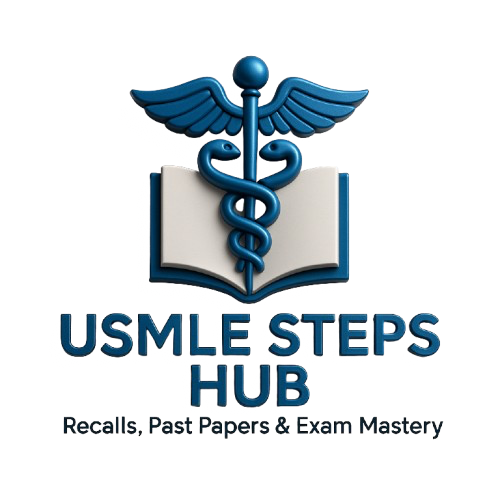Describe the USMLE.
The USMLE Step 1 computer-based test (CBT) is a rigorous exam consisting of 350 multiple-choice questions, divided into seven 1-hour blocks. It's administered year-round, except Sundays, at various testing centers globally. Examinees tackle subjects like anatomy, behavioral sciences, and more.
How far in advance should students start preparing?
Preparation typically starts 4-6 weeks before the exam, with intense study sessions of 6-8 hours per day. However, international medical graduates (IMGs) may require 2-4 months. Studying during regular courses helps reduce stress.
What's a recommended study schedule with a month's preparation time?
During the final month, students often study 6-12 hours daily, focusing on all seven basic science disciplines. The last week is dedicated to comprehensive review and tackling sample questions, with emphasis on high-yield facts from First Aid for the USMLE Step 1.
What resources do you recommend for review?
First Aid for the USMLE Step 1 is a staple, complemented by additional review books from reputable publishers. Platforms like ours offer a plethora of free resources, including lectures, sample schedules, and discussion forums.
Are there any surprises in the exam content?
Many students underestimate the clinical aspect of the exam, especially in subjects like anatomy, which often incorporates radiographic images. Understanding disease pathophysiology in a clinical context is crucial for success.
Do review courses help?
Review courses suit certain learning styles but aren't necessary for everyone. Structuring a personalized study schedule is often more beneficial, though some students benefit from the structure provided by review courses.
Is cramming effective?
Cramming isn't advisable due to the vast amount of material and the need for clinical reasoning skills. A structured review over several weeks yields better results.
What advice do you have for international medical graduates?
Familiarize yourself with computer-based exams, as many international graduates lack experience in this format. Practice in a simulated environment to improve test-taking skills.
Any advice for students retaking the exam?
Identify weaknesses from previous attempts and focus on improving them. Retakers often have a high pass rate due to their experience.
Can you list helpful resources?
Start with First Aid for the USMLE Step 1 and explore online platforms offering lectures, simulated exams, and discussion forums. Visit the National Board of Medical Examiners (NBME) website for the latest exam information.
Click here to access legitimate study materials for your USMLE journey.
